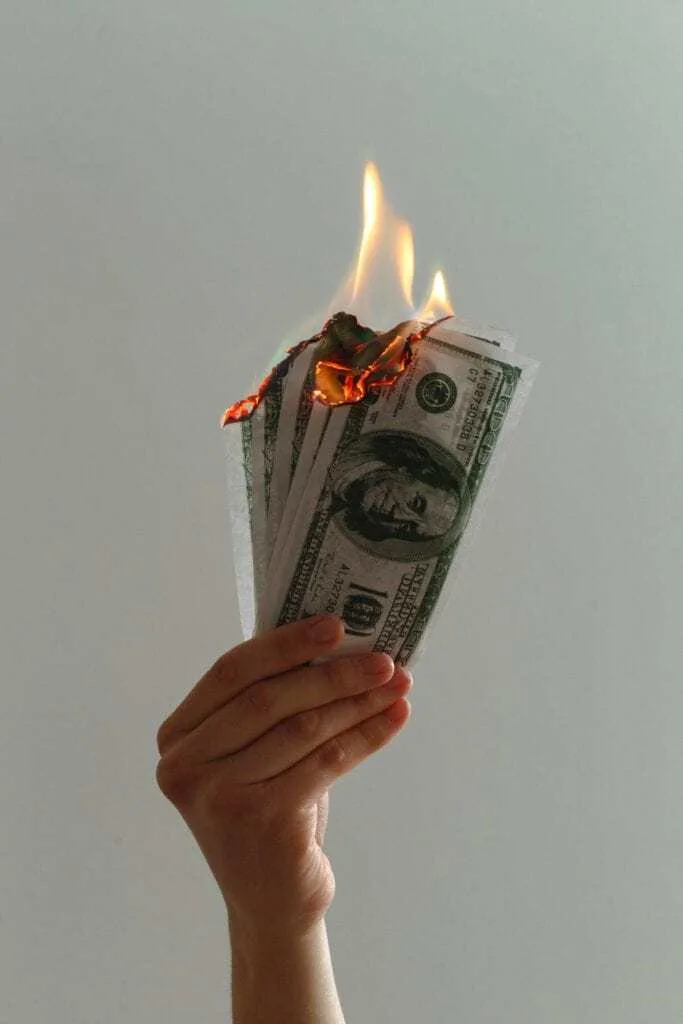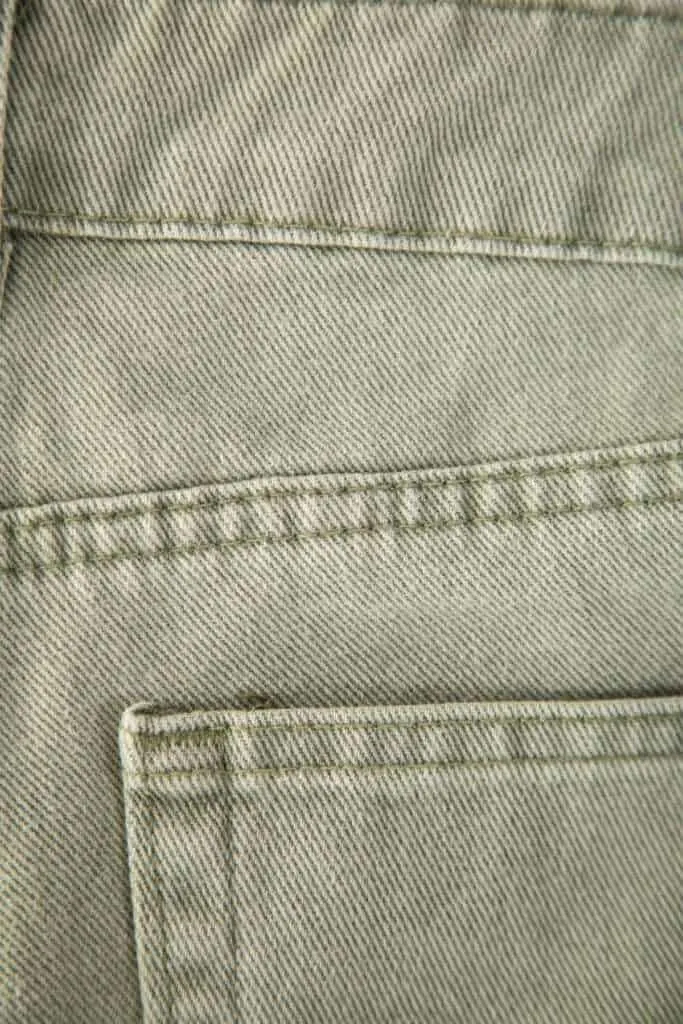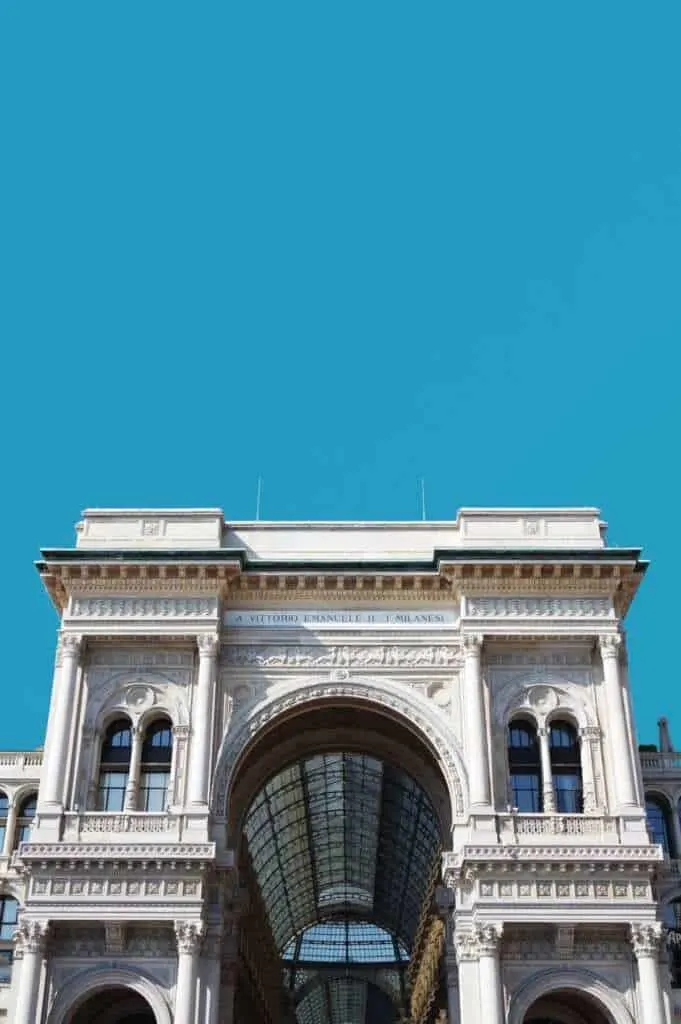Every country has its own ways to express that something is overpriced or not easily affordable; however, there are some interesting similarities to many of these phrases. Here are some of these figures of speech, broken down into categories so you can more easily remember them next time you’re on holiday. Maybe you’ll need to complain to a waiter or let foreign friends know that something costs way too much!

Relating to body parts
Many places have sayings that metaphorically compare expensive items to body parts! You’ve probably heard the English phrase “It costs an arm and a leg”. Well, In France, they actually say something very similar; “Ça coûte un bras” or “It costs an arm”. In Catalan they say “costa un ronyó”, or “It costs a kidney”, but Malay language presents perhaps the most extreme example of all, where a particularly costly transaction is sometimes deemed a “Cekik darah”, or “blood strangle”. Is it possible that something could be so costly it feels like they draw your blood too?

Italians opt for a cruder way to express this feeling. When you find and item to be overly expensive in Italy, you could try asking “Vuoi anche una fettina di cull?” or “Do you also want a tiny slice of ass?”
Feeling liked you’ve been robbed
In England, they sometimes say that a price for an item is ‘daylight robbery’. Other languages also have ways to indicate that a purchase might leave the buyer feeling as though they have had something taken from them. For example, their clothes. In German, it’s common to say “Sie haben uns die Hosen ausgezogen” or “They tore off our trousers”. Similarly in Hungary, you might tell someone that “Ingem-gatyám rámegy”, meaning “[An item] cost my shirt and pants!” “μου έπιασαν τον κώλο’” is a cheeky Greek expression used to convey a fairly similar feeling, however, it translates to “They grabbed my ass.”

When buying from a shop, perhaps it feels as though you broke something without realising it, and are being charged for that item as well. In this case, you might ask in Argentinian “Epa, que rompimos?”, which means “Wow, what did we break?”
Is the price due to hidden properties?
Some more amusing expressions suggest that since items are so expensive, they must have hidden properties or exciting benefits which aren’t immediately apparent to the buyer. For example, in Greek you might ask “κάνει και καφέ” or “Does it also prepare coffee?”, whilst in Mexico, you could be even more extreme and ask “Y que hace? Vuela o que?” which means “And what does it do? Does it fly?”
Ecuador has a slightly more cheeky version with “Viene con música tu huevada” Which translates to English as something similar to “Does that sh*t play music?”
On a similar vein, if someone has sold you something unreasonably priced, you could say in Croation that “Oženio me” which in English means “He got me married”.

It’s as expensive as…
You could say that something is expensive “like fire” in Azerbaijani (“Od qiymətinədir”) or “like Poison” (“méregdrága“) in Hungary, or in German, that it’s expensive like a… pig? (“Schweineteuer” = “pig expensive”).
Some expressions however, have more intricate cultural backgrounds. For example, Czech dialect, they might say something “Stojí to majlant” which translates as, “It costs (a) Milan”, referring to the city in Italy. This is because Czech soldiers of the Austro-Hungarian Army during the 19th century were so impressed by the luxurious city and its glamorous residents that it became a symbol of wealth in Eastern European culture.

In Croatia, they say “Skupo k’o Svetog Petra kajgana” engl” or “It’s expensive like St. Peter’s scrambled eggs”. This is an interesting expression that seems to have evolved somewhat from the original Greek saying, which replaces St. Peter with St. George. Where does this obscure saying come from? The most common interpretation suggests that it comes from the legend in which a boy in Paphlagonia made scrambled eggs for St. George, which were eaten instead by four merchants from the church. As punishment, the saint performed a miracle which prevented the merchants from leaving the temple until each of them laid down one large gold coin. When they were finally released, they said to Saint George, “your scrambled eggs are very expensive, so we will never buy them from you again.”

We hope you learnt something new with these expressions for expensive items! Sign up to Untranslatable to learn even more, as well as submit some of your own!
